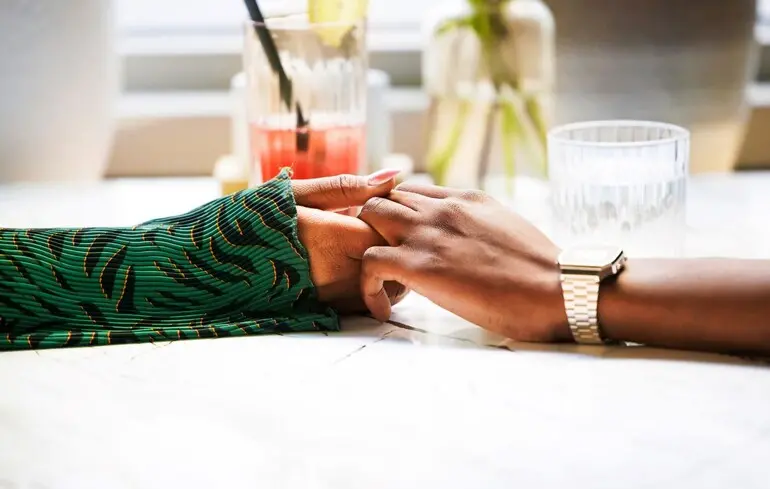Predictability in Relationships as a Key Element of Emotional Security and Trust

In today’s fast-changing world, where surprises and unpredictability have become the norm, many people now place a higher value on stability and predictability in their personal relationships than ever before.
It turns out that the ability to foresee a partner’s behavior, words, and actions contributes significantly to creating deep emotional harmony and a sense of safety.
Psychologists explain that stability in relationships is not just comfort but the foundation for developing trusting and resilient connections.
American psychologist and emotional bond expert Mark Trevors believes that people respond better to situations where their loved ones’ behaviors are predictable.
This, in turn, strengthens both their physiological and psychological well-being.Research papers published in various scientific journals confirm that consistency in behavior and the regular expression of warmth and kindness build what is called a ‘bubble of safety’ — a state of psychological and physical comfort.
This ‘bubble’ makes individuals feel protected and capable of resisting external threats, whether conflicts, uncertainty, or life’s upheavals.
A key factor in this stability are daily rituals — for every couple, they are different: morning kisses, shared walks, messaging, or just attentive care for small details.
These habits reinforce feelings of security and reduce anxiety, allowing partners to remain open and happy even during difficult times.Psychologists emphasize that the sense of safety not only fosters emotional stability but also influences the physiological state of the human brain.
When partner support is predictable and consistent, the brain reacts more calmly to external challenges, which positively impacts our health.
Furthermore, studies show that trusting relationships enhance feelings of love, which, according to surveys conducted in 2024, are considered the primary source of happiness worldwide.The most valued relationships are those in which partners, on a subconscious level, sense stability and confidence in ongoing support.
This enables easy navigation through difficulties while maintaining harmony within oneself and with the partner.
As feelings of security are entrenched through daily rituals and kind gestures, they lay a solid foundation for long-term happiness together.
Conversely, when this ‘bubble of safety’ cannot be maintained, individuals experience helplessness and lack of psychological support amid an uncertain and changing world.

